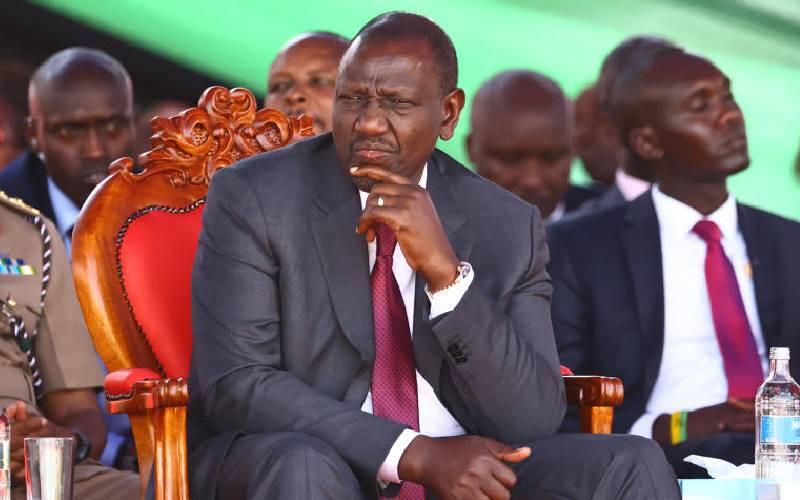×
The Standard e-Paper
Kenya’s Boldest Voice

I know it is not easy, but let us reason together. In analysing what ails Kenya, President William Ruto is elevated as the chief culprit. But our political salvation will begin when we realise that Ruto is not the enemy-our bane is the systemic weaknesses.
Surprisingly, ordinary Kenyans believe that all our problems will end if Dr Ruto leaves office. This was the thought pattern that culminated in the 'Ruto Must Go' hashtag during last month's Gen Z anti-government protests.